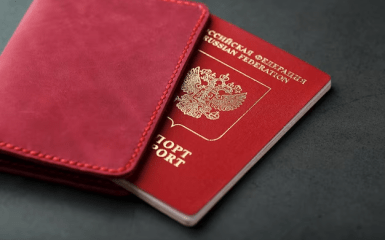The Department of Citizenship and Migration Affairs of Latvia has issued deportation orders to 27 Russian citizens.
Latvia deports 27 Russians from the country
As the Minister of Internal Affairs of Latvia, Richard Kozlovskis, said, physically forced deportation has not yet been applied to these Russian Federation citizens. The orders were issued based on amendments to the Law on Immigration.
The Minister also stated that about 500 citizens of Russia, who did not comply with the requirements of the amendments to the Law on Immigration, and also did not submit any documents to obtain a residence permit in Latvia, left the country on their own.
The state border guard inspected the declared places of residence, and no persons were found in most of them, said Minister Kozlovskis.
It should be noted that since March of this year, those who want to live in Latvia with a Russian passport legally must apply for the status of a permanent resident and - with rare exceptions - confirm knowledge of the Latvian language, suitable for everyday use, in a language test.
What is known about restrictions on entry of Russians to Latvia
Entry restrictions for citizens of the Russian Federation were introduced in Latvia on September 9, 2022. According to the order of the country's government, the issuance of visas to Russians is also limited.
In addition, in January 2024, the Latvian authorities sent letters to about a thousand Russians living in the country demanding they leave within two weeks. They can also adjust their stay status following current laws.
Currently, other EU member states, such as Finland and the Czech Republic, have also adopted regulations restricting the entry of Russian citizens.
In January 2024, Latvia began the process of deporting 985 Russian Federation citizens who did not meet the requirements stipulated by the country's immigration legislation.




